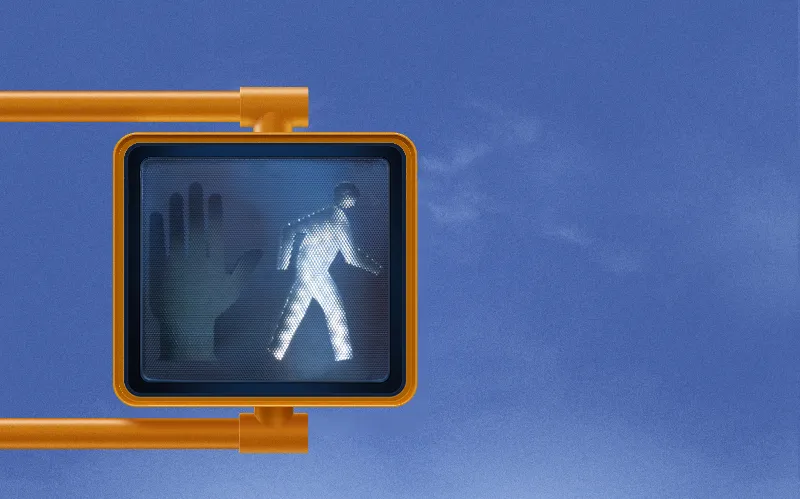University Campus Milton Keynes is working with Clearview Traffic Group on a 13-month research that could lead to the development of innovative traffic management systems.
UCMK, part of the University of Bedfordshire, will receive $195,000 of funding from the UK’s innovation agency, the Technology Strategy Board, to carry out the research. The project will see UCMK and the University’s Department of Computer Science and Technology partner with Clearview Traffic Group to explore the feasibility of extendi
May 27, 2014
Read time: 3 mins
University Campus Milton Keynes is working with 557 Clearview Traffic Group on a 13-month research that could lead to the development of innovative traffic management systems.
UCMK, part of the University of Bedfordshire, will receive $195,000 of funding from the UK’s innovation agency, the2231 Technology Strategy Board, to carry out the research. The project will see UCMK and the University’s Department of Computer Science and Technology partner with Clearview Traffic Group to explore the feasibility of extending vehicle counting data obtained from solar-powered sensors built into roads to include information such as the classification of each vehicle and its speed.
In order to measure accurately the speed of passing vehicles, detectors must be placed some distance apart. While wireless communication negates the need for costly and problematic cables linking the sensors, it is currently impractical to send all data collected from each sensor due to size, power and capacity limitations.
Clearview’s project will aim to develop a set of novel algorithms for solar-powered in-road sensors capable of gathering and compressing vital vehicle data, enabling it to be sent wirelessly to derive speed and vehicle classification, creating actionable information and informing intelligent traffic management decision-making.
The data will inform intelligent decision-making by transport managers and road network operators in order to minimise congestion and emissions, reduce accidents and lower the costs of installation and maintenance traditionally linked to in-road traffic data collection systems.
Ben Allen, Professor of Computer Science at University Campus Milton Keynes, will lead the University’s contribution to the project.
He said: “We are very excited to be working with Clearview on this collaborative venture, which will also help to put UCMK on the map as the city centre hub for innovation. The University of Bedfordshire’s expertise in algorithms and distributed signal processing will be crucial to the development of this new technology.”
Dr Chris Barnes, Clearview head of Engineering, said: “This project will stimulate innovation at the intersection between connected computing and the use of sensors, providing traffic and transport data that can help decision-making around traffic management.
“The global market for intelligent transport solutions is substantial and rising year on year. In partnership with the University of Bedfordshire, and with financial support from the Technology Strategy Board, we aim to bring innovative technology to market as soon as possible.”
UCMK, part of the University of Bedfordshire, will receive $195,000 of funding from the UK’s innovation agency, the
In order to measure accurately the speed of passing vehicles, detectors must be placed some distance apart. While wireless communication negates the need for costly and problematic cables linking the sensors, it is currently impractical to send all data collected from each sensor due to size, power and capacity limitations.
Clearview’s project will aim to develop a set of novel algorithms for solar-powered in-road sensors capable of gathering and compressing vital vehicle data, enabling it to be sent wirelessly to derive speed and vehicle classification, creating actionable information and informing intelligent traffic management decision-making.
The data will inform intelligent decision-making by transport managers and road network operators in order to minimise congestion and emissions, reduce accidents and lower the costs of installation and maintenance traditionally linked to in-road traffic data collection systems.
Ben Allen, Professor of Computer Science at University Campus Milton Keynes, will lead the University’s contribution to the project.
He said: “We are very excited to be working with Clearview on this collaborative venture, which will also help to put UCMK on the map as the city centre hub for innovation. The University of Bedfordshire’s expertise in algorithms and distributed signal processing will be crucial to the development of this new technology.”
Dr Chris Barnes, Clearview head of Engineering, said: “This project will stimulate innovation at the intersection between connected computing and the use of sensors, providing traffic and transport data that can help decision-making around traffic management.
“The global market for intelligent transport solutions is substantial and rising year on year. In partnership with the University of Bedfordshire, and with financial support from the Technology Strategy Board, we aim to bring innovative technology to market as soon as possible.”









